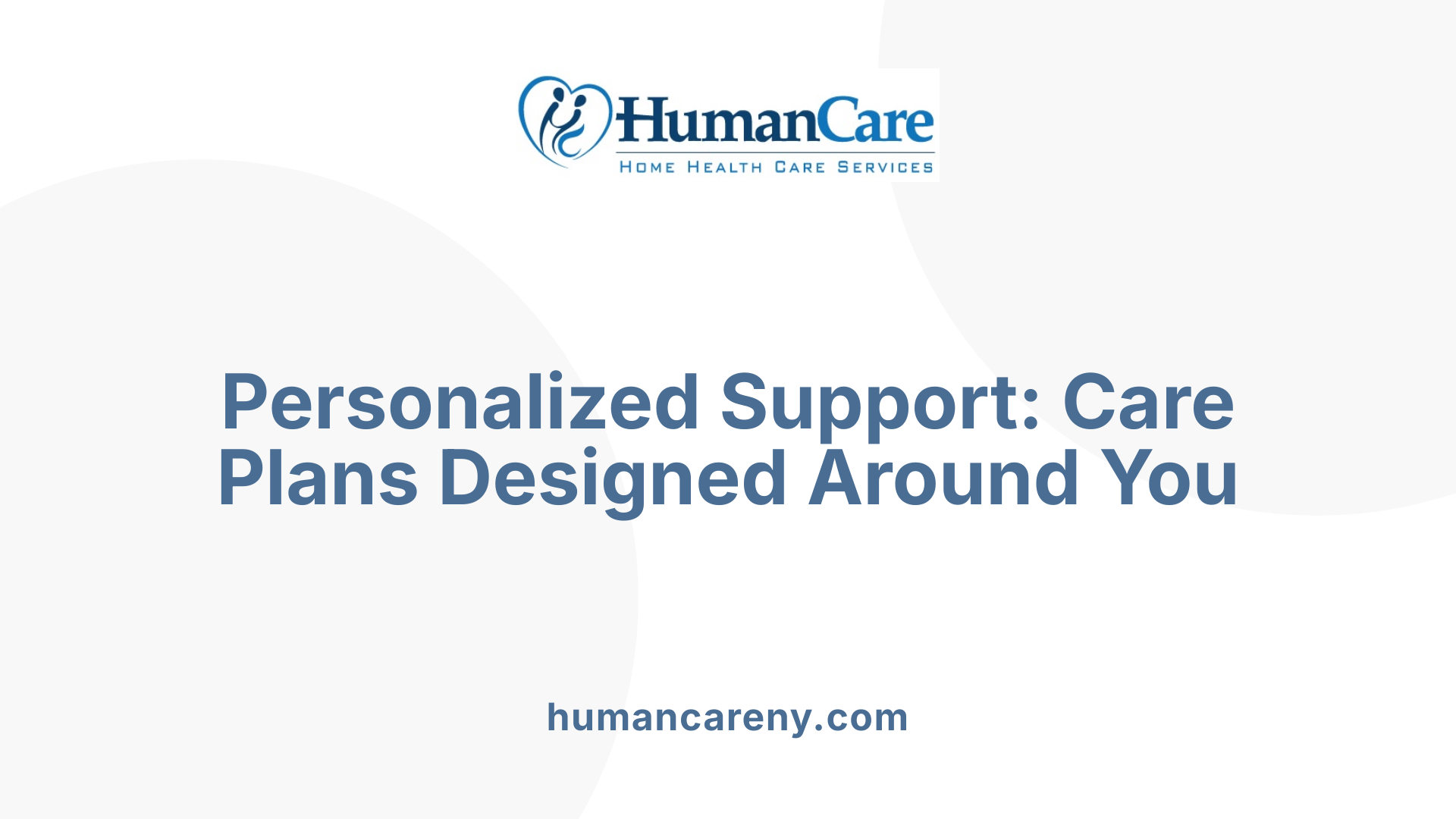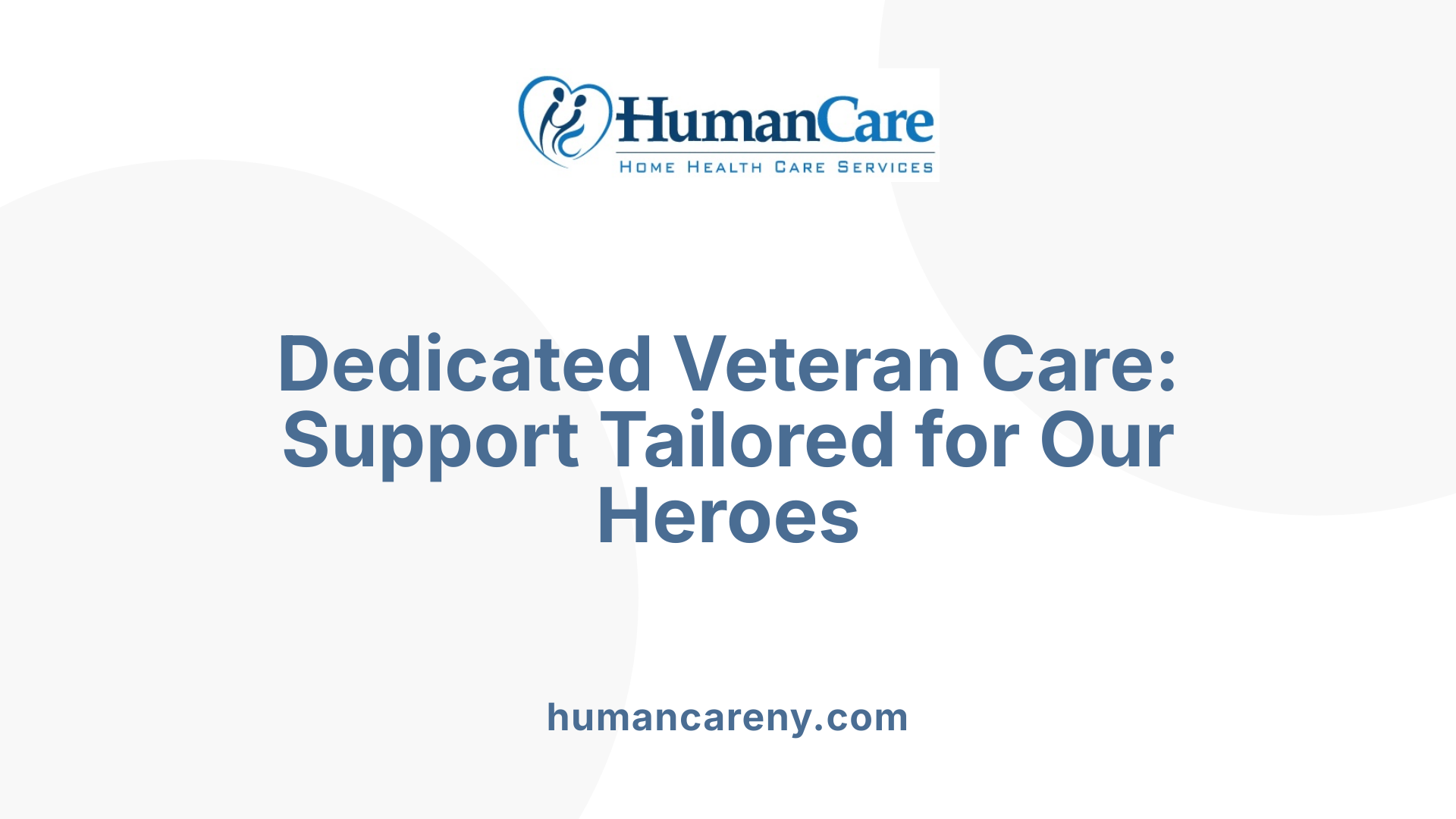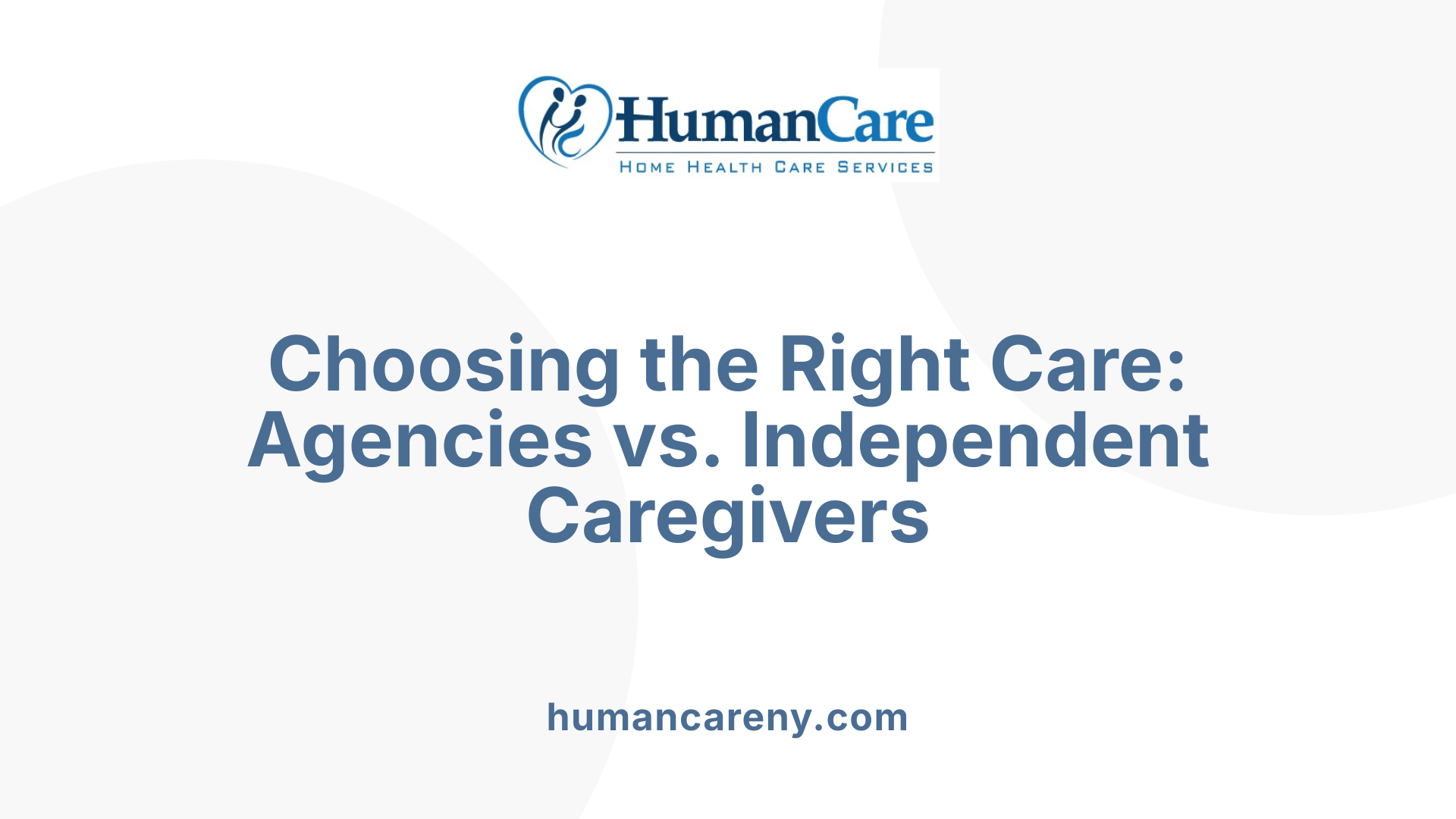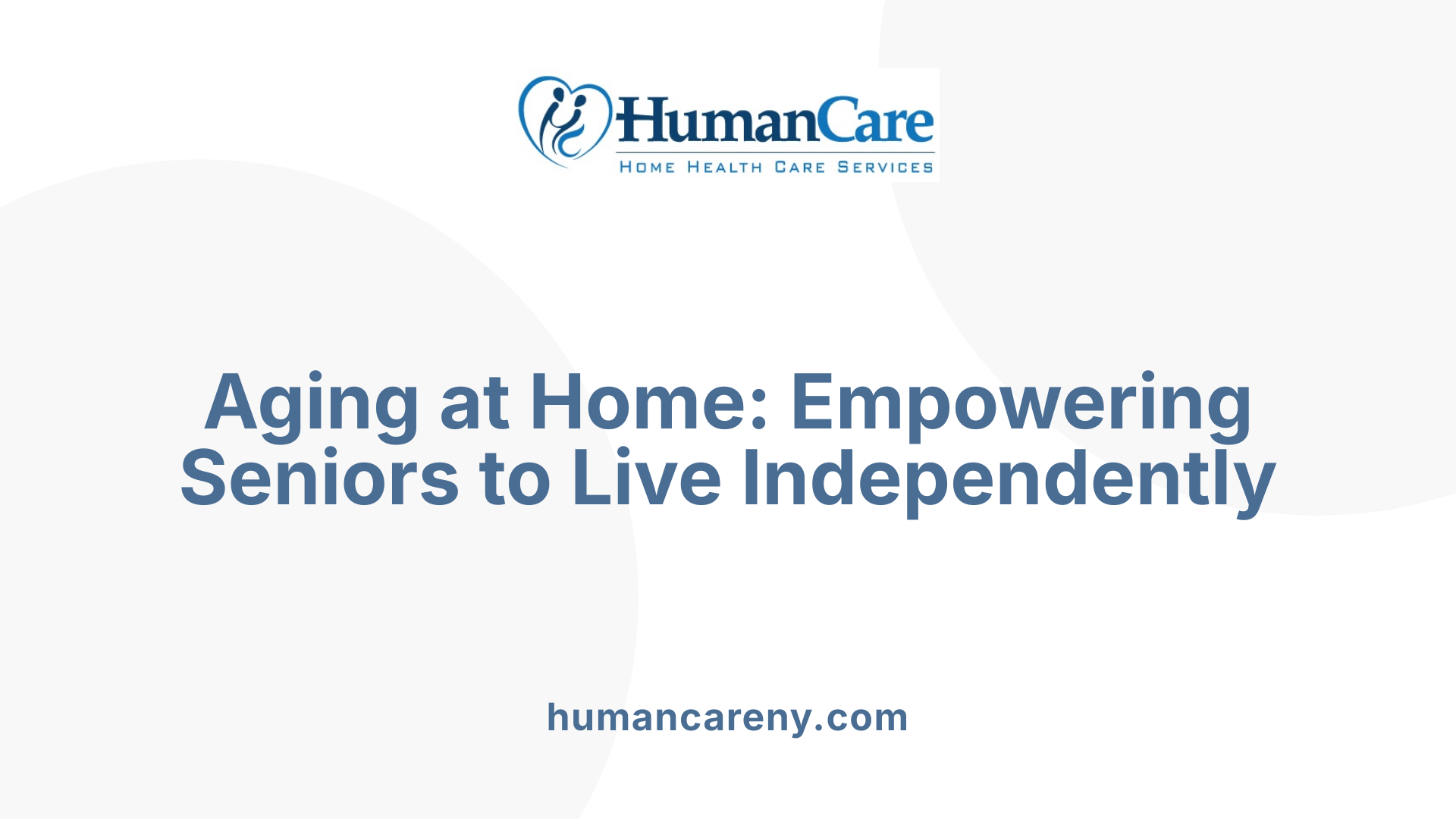Introducing Homemaking Care for Seniors with Mobility Challenges
Elderly individuals facing mobility limitations often encounter significant challenges in managing daily activities and maintaining independence at home. Homemaking care services offer vital support, enabling seniors to live comfortably in their own homes while receiving assistance tailored to their unique needs. This article explores the critical role homemaking care plays in supporting mobility-limited elderly individuals, the distinct advantages of in-home care programs like CDPAP, and the comprehensive services available through professional home care agencies.
What is Homemaking Care and How Does It Support Mobility-Limited Seniors?

Definition of Homemaking Care
Homemaking care involves trained Homemaker and Home Health Aides providing support to seniors, particularly those with mobility limitations. This service focuses on helping individuals maintain their independence while remaining in their own homes, ensuring they get assistance with essential daily activities.
Types of Assistance Provided
Homemaking care services include help with eating, dressing, grooming, bathing, toileting, mobility, and grocery shopping. These tasks are vital for seniors who may find it difficult to perform them independently due to physical limitations.
Aides assist by ensuring seniors can manage personal hygiene, nutrition, and mobility safely, which helps improve their overall quality of life. These support services can be tailored to each veteran or senior’s specific needs, offering flexibility in care frequency and scope.
Role of Homemaker/Home Health Aides
While Homemaker and Home Health Aides are not nurses, they are supervised by registered nurses who assess the individual's needs and monitor care plans. The aides provide direct hands-on assistance for non-medical services and activities of daily living.
Their role is crucial in reducing caregiver burden while promoting the senior’s independence. By supporting mobility and daily tasks, these aides enable seniors to maintain their routines and continue living comfortably at home.
Customized Care Plans: Enhancing Independence and Quality of Life

Assessment of Needs by Registered Nurses
Before Homemaker and Home Health Aides begin their support, a registered nurse thoroughly assesses the veteran's specific needs. This evaluation ensures that each individual receives tailored care designed specifically for their requirements. The nurse's assessment covers a broad spectrum of daily activities and health concerns, allowing for the creation of an effective, personalized care plan.
Customized Frequency and Types of Services
The services provided are not one-size-fits-all; instead, they vary based on the assessment results. Veterans may receive assistance multiple times a week or less frequently, depending on what is necessary for their well-being. These services include help with eating, dressing, grooming, bathing, toileting, mobility, and even grocery shopping. This tailored approach ensures that veterans get exactly the support they need, fostering comfort and convenience.
Promoting Independence by Aligning Care with Seniors' Preferences and Routines
A key focus of these customized care plans is promoting independence among seniors and veterans. Programs like the Consumer Directed Personal Assistance Program (CDPAP) enable seniors to choose caregivers whom they trust, such as friends or family, to provide care that aligns with their individual preferences. This empowers seniors to maintain routines that suit their lifestyle, including leisure activities and personal schedules. By designing care around their preferences, seniors enjoy a higher quality of life and greater autonomy in their own homes.
In-Home Care Programs: The Impact of CDPAP on Elderly Mobility Management
Overview of CDPAP Program
The Consumer Directed Personal Assistance Program (CDPAP) is a Medicaid-supported initiative designed to empower seniors by allowing them to choose their own caregivers. This program stands out by enabling elderly individuals to select trusted friends or family members as their care providers, providing a personalized and familiar caregiving experience.
Benefits of Selecting Caregivers (Friends and Family)
Choosing caregivers from within a senior's social circle offers significant emotional and practical advantages. Familiar caregivers can better understand the patient's preferences and routines, making assistance with mobility and daily activities more comfortable and effective. This arrangement fosters a trusting environment that can improve the overall quality of care.
How CDPAP Supports Personalized Care and Financial Incentives for Caregivers
CDPAP not only supports personalized care choices but also provides financial compensation to caregivers, who otherwise might offer help without pay. This financial aspect motivates caregivers and acknowledges their efforts. Moreover, seniors can customize the types of assistance they receive, prioritizing activities that enhance their mobility and independence, such as help with walking, exercising, or transportation.
Enhancement of Seniors' Control Over Care Services and Scheduling
A crucial advantage of CDPAP is that it allows seniors to design and maintain routines aligning with their preferences. This flexibility includes scheduling care visits based on when seniors feel they need support most, promoting consistent mobility management and preserving autonomy. By enabling seniors to decide on the frequency and nature of care, CDPAP enhances their independence and overall well-being.
Veterans’ Homemaker and Home Health Aide Services: A Specialized Support System

Services designed specifically for Veterans of any age
Veterans of any age can access Homemaker and Home Health Aide services designed to help them live comfortably at home. These services support Veterans by assisting with everyday tasks such as eating, dressing, grooming, bathing, using the bathroom, mobility, and grocery shopping. The goal is to maintain Veterans' independence while enabling them to remain in familiar surroundings.
Eligibility and supervision by registered nurses
Eligibility for these services includes all enrolled Veterans who qualify for community care, with copayments potentially based on their VA disability status. While Homemaker and Home Health Aides are trained to provide personal care, they are not nurses. Their work is supervised by registered nurses, who conduct assessments to tailor the care to each Veteran's specific needs.
Assisting with daily activities and mobility
The range of services varies according to assessed Veteran needs and may be scheduled multiple times a week or less frequently. Assistance covers vital daily activities such as dressing, toileting, grooming, and mobility support to help Veterans move safely around their homes. This aid enables Veterans to sustain routines critical to their well-being and comfort.
Support for Veteran independence and caregiver relief
This service not only promotes greater independence for Veterans but also alleviates the burden on family caregivers. Veterans and their caregivers can utilize decision aids and self-assessment tools to determine if Homemaker and Home Health Aide services are appropriate. By offering personalized care, these programs enable Veterans to maintain a high quality of life while easing stress on their support networks.
Comparison of Home Care Agencies and Other Care Options

What are the differences between home care agencies and independent caregiver registries?
Home care agencies are organizations that provide trained caregivers who deliver both personal and medical support under professional supervision. These agencies ensure the caregivers meet specific qualifications and offer a range of services including personal care assistance and homemaking.
In contrast, independent caregiver registries primarily serve as matchmakers connecting families with individual caregivers. These caregivers often work independently and may lack formal supervision or insurance, which can increase risks for families seeking care.
What are the benefits of trained caregivers, supervision, and insurance?
Trained caregivers provided by home care agencies are skilled in assisting with daily activities like eating, grooming, mobility, and medication reminders. Supervision by registered nurses or agency staff ensures that Veterans' or seniors' care plans are followed, and any changes in needs are promptly addressed.
Insurance coverage means families are protected from liabilities related to caregiver accidents or injuries. Agencies also provide reliable scheduling and continuity of care, reducing gaps or inconsistencies common with independent caregivers.
What are the limitations of Medicare coverage and how does home care fill these gaps?
Medicare primarily covers skilled nursing and therapy services, often linked to recovery following hospital stays. It does not usually pay for non-medical custodial care or help with everyday activities such as bathing or grocery shopping.
Home care agencies fill this gap by offering comprehensive non-medical services tailored to seniors' or Veterans' individual needs. This support helps recipients maintain independence and manage their routines without the restrictions typical of Medicare coverage.
How do professional agencies ensure reliable and safe care services?
Professional home care agencies conduct thorough caregiver screening, provide ongoing training, and operate under state and federal regulations. They maintain communication with healthcare supervisors like registered nurses who assess care requirements.
This layered approach ensures safety, quality, and consistency of care while also providing families peace of mind. Agencies have established protocols to handle emergencies and adapt care plans, distinguishing them from the less regulated independent caregiver option.
Maintaining Autonomy Through Comprehensive In-Home Senior Care

Range of Available Home Care Services
In-home senior care involves a broad spectrum of services designed to meet the varied needs of elderly individuals. These include personal care assistance such as help with eating, dressing, grooming, bathing, toileting, and mobility. Homemaking services address household management tasks that seniors may find challenging. Additional support comes from companionship, skilled nursing, physical or occupational therapy, and social services to encourage both physical and emotional well-being.
How These Services Support Mobility-Limited Elderly
Each service plays a vital role in assisting seniors who face mobility limitations. Personal care aides ensure daily activities are completed safely and respectfully, preventing injury and promoting independence. Homemaking helps maintain a clean and safe living environment, reducing hazards that could worsen mobility issues. Therapy services work to improve or maintain physical capabilities, while companionship combats social isolation.
Long-Term Benefits of Aging in Place
Receiving care at home allows seniors to preserve their autonomy and continue living in a familiar environment. This approach supports emotional stability and comfort while reducing hospitalizations. Programs like the Consumer Directed Personal Assistance Program (CDPAP) empower seniors to tailor their care, including choosing caregivers, which enhances satisfaction and quality of life. Aging in place also lessens caregiver burden and aligns with seniors’ preferences for independence.
Established Providers with Extensive Experience and Coverage
Organizations such as Special Touch Home Care bring over 40 years of experience, offering comprehensive CDPAP services throughout all 62 counties in New York. Their expertise ensures reliable access to personalized and well-supervised care, bridging the gap between medical and non-medical needs. Such providers offer peace of mind through trained caregivers, registered nurse supervision, and insurance coverage, making them a safer and more trustworthy option compared to independent caregiver registries.
Conclusion: Homemaking Care as a Cornerstone of Elderly Mobility Support
Homemaking care services play an indispensable role in helping elderly individuals with mobility limitations maintain their independence, safety, and quality of life in the comfort of their own homes. Programs such as CDPAP empower seniors to choose caregivers who best meet their needs while providing financial incentives for family members. Specialized services for Veterans offer tailored support, and professional home care agencies ensure safe, trained, and consistent care beyond what is typically covered by Medicare. By embracing comprehensive, personalized homemaking care, mobility-limited elderly people can enjoy autonomy, reduced caregiver burden, and a better overall living experience.



